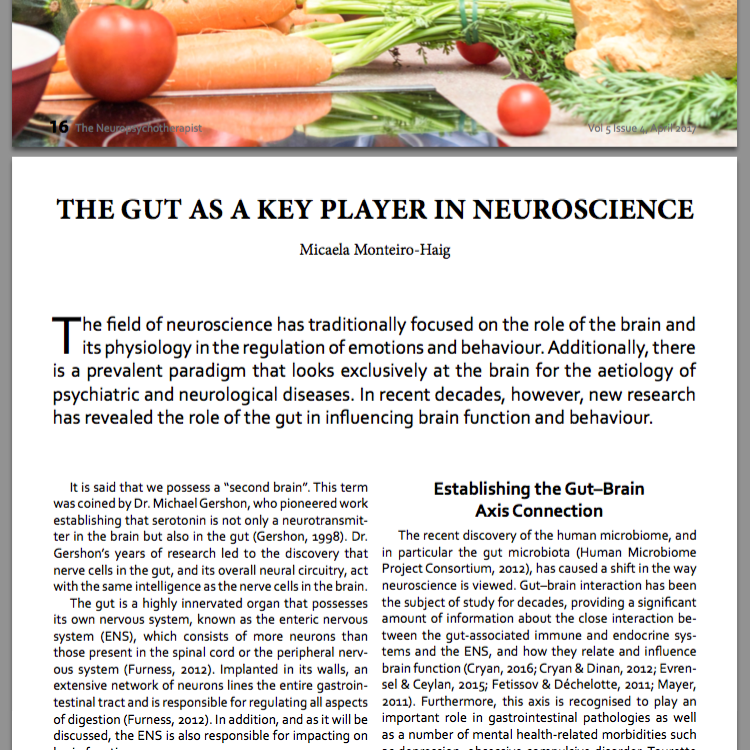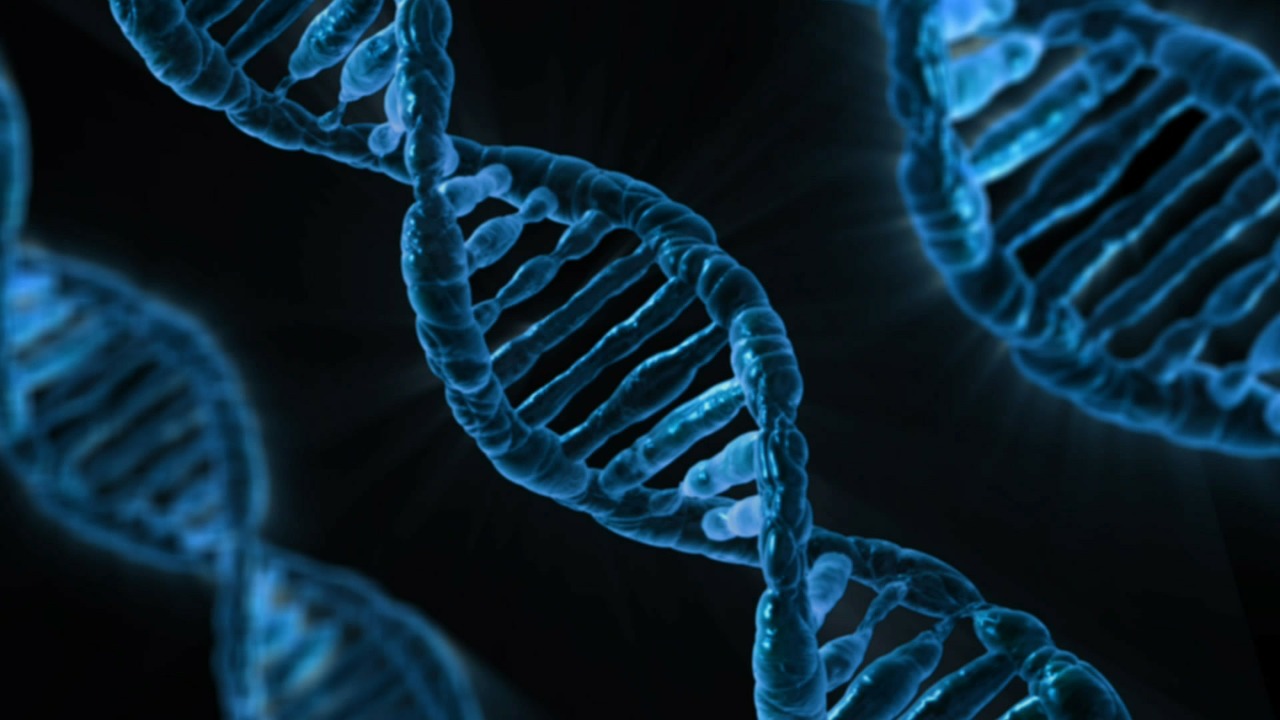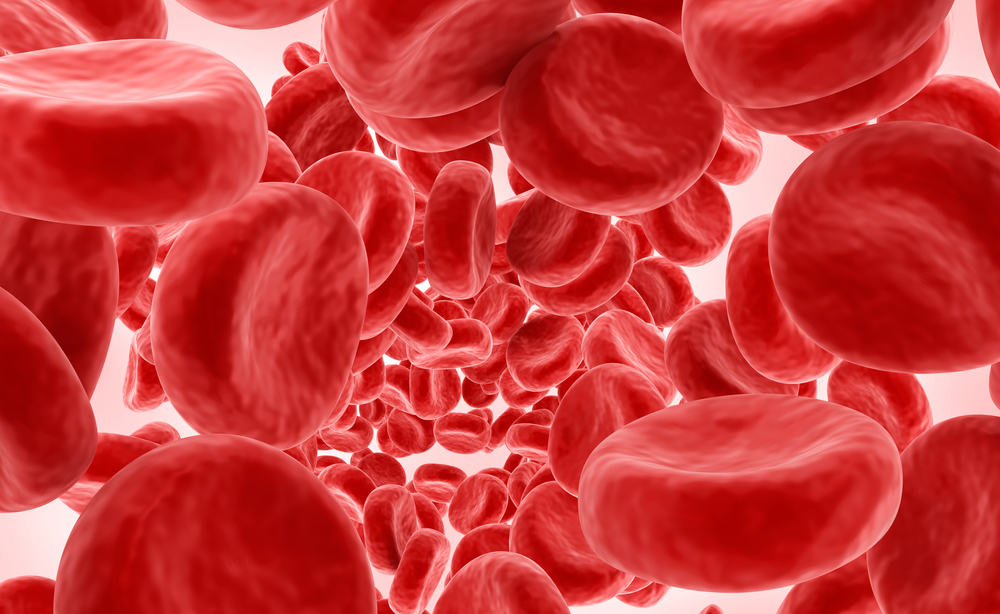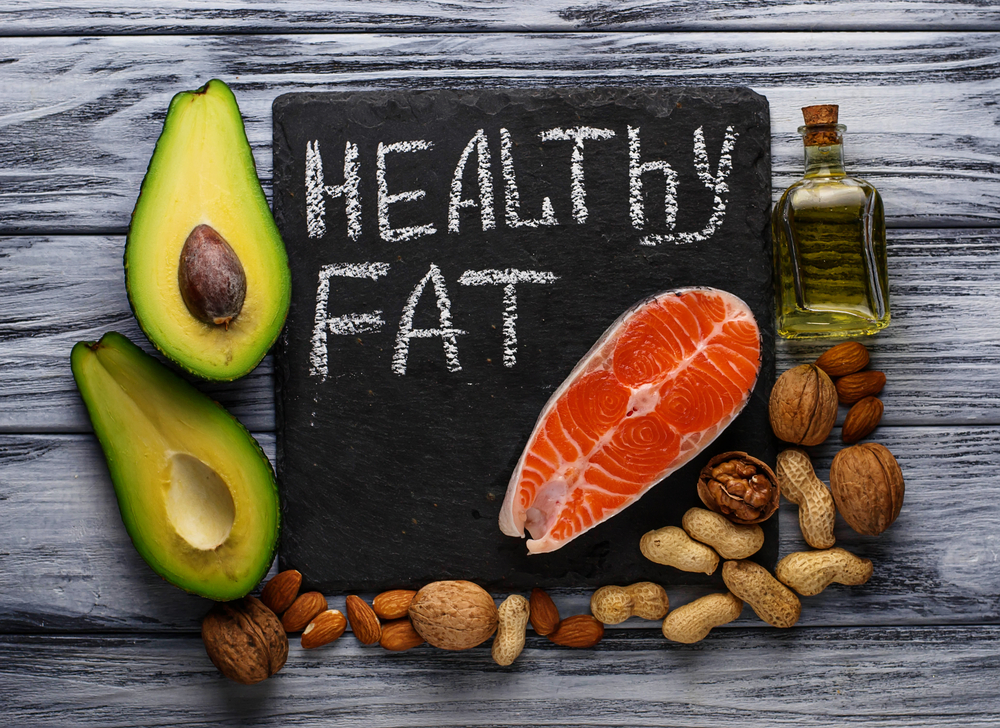10 causes of anxiety & depression podcast
Recently I had the pleasure to be involved in the Science of Psychotherapy podcast and discussed 10 causes of anxiety and depression. These 10 causes have been discussed in my blog previously. I must say that when it comes to depression and anxiety, there are more than these 10 causes and I will offer an updated version to include other causes soon. In the meantime, I hope you enjoy listening to the podcast.








